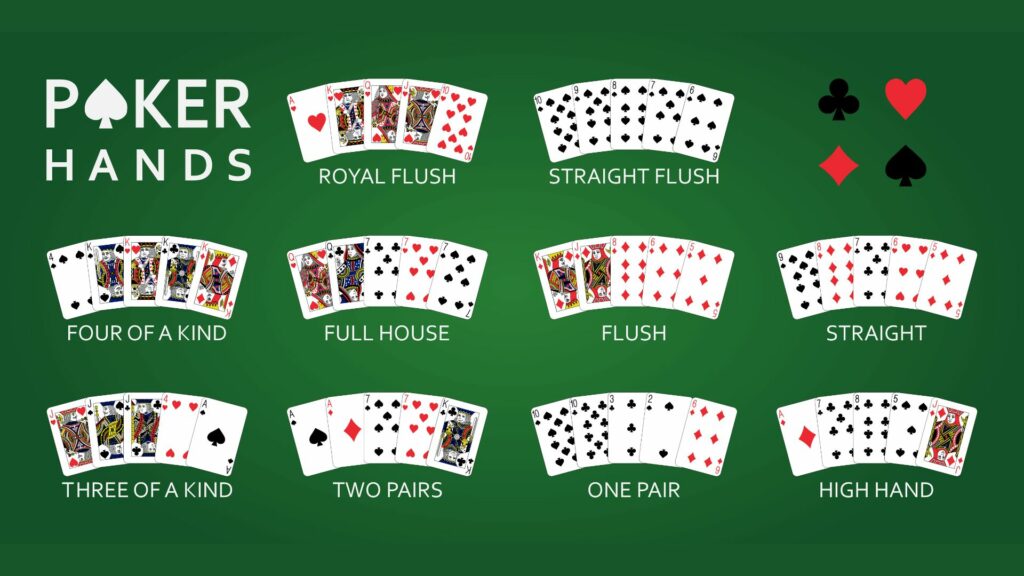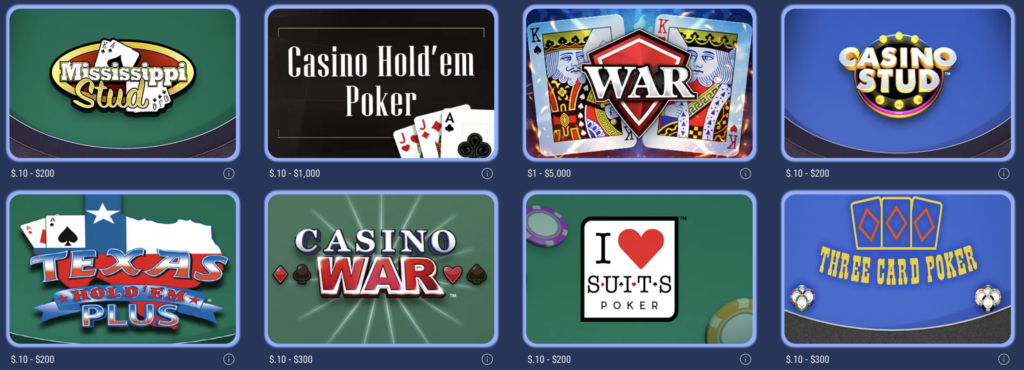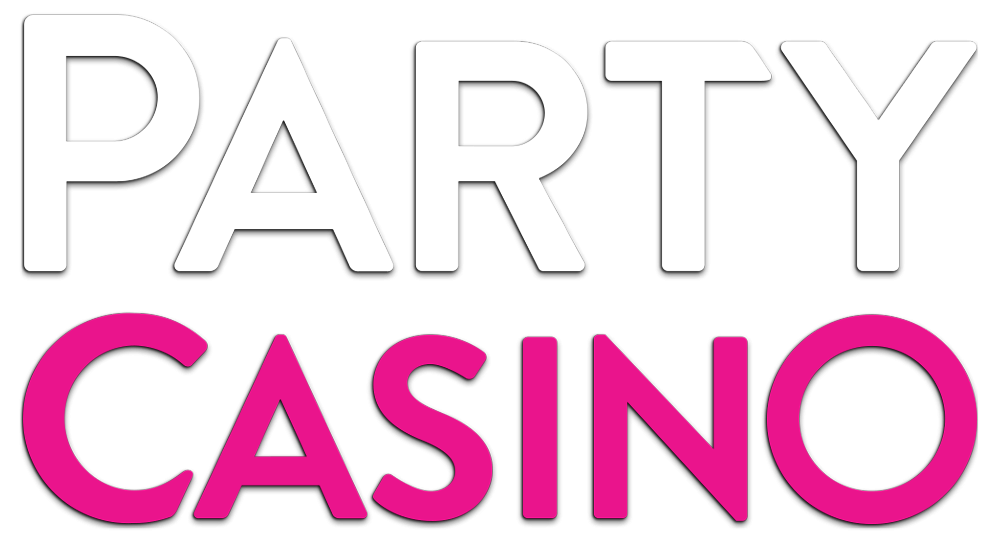Poker remains a well-liked and skillful game that is played by people across the globe, at land-based casinos and through web platforms. The digital age presents the benefit of ease and availability, which has facilitated the growth of online poker. It is a game of minds, hearts, and hands, thus combines the mental, emotional, and manual capabilities of the players making the game among the elite ones.
This detailed guide will walk you through everything you need to know about playing poker online. The information consists of various poker types, rules, winning strategies, and betting options as well as responsible gambling tools.
As a newbie, this guide will give you get a proper understanding of the gambling language hence the feasibility to place gambling bets. You will learn how to play and strengthen your gambling skills with this article.
What is Poker?
Poker is a type of card games that is equipped with gambling, strategy, and skill. The aim is to develop the most powerful hand possible with certain cards and wise betting to get way ahead of the competition. There have been a plethora of poker games all each with their separate set of rules and hand rankings.
Unlikely to other casino games which are purely about luck, poker is a game of wits and a series of choices. Players must gauge their opponents, calculate their odds, and make sharp and precise moves in order to improve their chances of winning. Achieving success in poker is dependent on patience, discipline, and adaptability. On the other hand, players with skill can gain an upper hand over the less experienced ones.

Types of Poker Games
There are several poker variants that you can play online, each offering a unique challenge and experience:
- Texas Hold’em: This is the most common type of poker. Players must create the best hand with two private cards and five community cards.
- Omaha: Like Texas Hold’em, but with four hole cards and three community cards that players must utilize exactly two of.
- Seven-Card Stud: In contrast to Omaha and Texas Hold’em, this game does not use communal cards. Seven cards are dealt to each player, and the player with the best five-card hand wins.
- Five-Card Draw: This simple game allows players to strengthen their hands by exchanging some or all of the five cards they are dealt.
- Razz: The lowest hand wins in this lowball variation of Seven-Card Stud.
- Badugi: It is a special kind of poker where four-card hands are ranked using a lowball hand algorithm.
Each variant requires different strategies and skills, making online poker an engaging and diverse experience.
How to Play Poker Online
With a few tweaks for digital gameplay and extra convenience, playing poker online adheres to the same basic rules as playing live poker.
Fundamental Guidelines:
- Depending on the game, players may place antes or blind bets as their first wager.
- The chosen poker variant determines how the cards are dealt.
- Each player makes a call, raise, fold, or check in turn.
- Until the last hand showdown, there are several rounds of betting and card exchanges.
- The pot is won by the player with the best hand or by the last person remaining after others have folded.
Before beginning real-money poker games, novices can learn the rules from the tutorials, practice games, and AI opponents offered by the majority of online poker platforms.
Betting Options in Poker
Poker success requires an understanding of betting activities. The following are typical online poker betting options:
- Call – Matching the current bet to stay in the game.
- Raise – Increasing the bet to challenge opponents.
- Fold – Dropping out of the hand if the cards are weak.
- Check – Passing the action to the next player without betting.
- All-In – Betting all remaining chips, which can either secure a massive win or eliminate a player from the game.
Tips & Strategies for Playing Poker Online
Long-term success in poker is largely dependent on skill and strategy, even though luck plays a part. The following are some crucial poker tactics:
- Start with Low-Stakes Games: Before moving on to high-stakes tables, start with lower-stakes games to hone your abilities and confidence. This makes it easier to understand the subtleties of the game without having to take significant financial risks.
- Recognize Hand Rankings: You may make better betting decisions and steer clear of expensive blunders by understanding which hands are the strongest and how they stack up against other potential hands.
- Keep an Eye on Your Opponents: Examine betting trends to see if your opponent is bluffing or has a solid hand. You can make better decisions if you research your opponent’s habits.
- Take Advantage of Your Position: Players in late positions have access to more information, which helps them make wiser choices. Before choosing your own move, you can see what other players do by playing at later places.
- Limit Your Bankroll: Avoid rash wagering and place spending caps. Never bet money you can’t afford to lose, and always set aside a certain amount of money playing poker.
- Bluff Strategically: Bluffing is a useful tactic, but using it excessively can make gameplay monotonous. Only bluff when the circumstances and dynamics of the table are in your favor.
- Know When to Fold: You can conserve chips by folding when it’s appropriate to do so. Not every hand is worth playing. Folding early is preferable to holding a hand with little chance of winning.
- Discover the Expected Value (EV) and Pot Odds: Making better decisions can be achieved by knowing the likelihood of winning a hand based on the pot odds and expected value computations. This guarantees that you only raise or call when it makes mathematical sense.
- Change Up Your Playstyle: If you play the same manner every time, your opponents will be able to discern your plan with ease. To remain unpredictable and keep your opponents guessing, change up your moves.
- Avoid Playing Too Many Hands: Playing too many hands is a common mistake made by beginners. Fold inferior starting hands and stick to a good pick.
- Make Use of Software Tools: To examine their games and enhance their tactics, a lot of online gamers make use of HUDs and tracking software. These resources can give you important information about both your own and your opponents’ playstyles.
- Develop Table Awareness: Pay close attention to your table, the amount of people playing, and the sizes of their stacks at all times. Knowing your surroundings enables you to modify your approach appropriately.
- Perform Hand Reviews: Examine your games after every session to find errors and areas that need work. You can improve your strategy for upcoming games by studying previous hands.

Free Play Poker – Try Before You Bet
Online poker houses usually offer free play poker rooms! You may practice without risking real money with the free play options available on many online poker platforms. Playing for nothing benefits you:
- Gain an understanding of game fundamentals without having to risk money.
- Try out a variety of approaches.
- Before switching to real money games, build your confidence.
Before entering real-stakes games, novices can become well-versed in the game by playing poker for free. However, experts warn against free poker games as they can lead to you forming bad habits if you plan to play real-stakes poker in the future. So make sure you’re informed before you start playing in the long term.
FAQ
Is Online Poker Fair?
Random Number Generators (RNG) are used by trustworthy poker sites to guarantee fair play and guard against manipulation.
Can I Use a Mobile Device to Play Poker?
Indeed! You can play while on the go because the majority of online poker sites and applications are mobile-friendly.
Which Poker Starting Hand is the Best?
Double-suited high cards are a powerful hand in Omaha, but pocket Aces (AA) are the finest beginning hand in Texas Hold’em.
How Well-liked is Internet Poker?
Because of its accessibility, wide selection of games, and ability to be played from any location, online poker has experienced exponential growth in popularity.
Is It Possible to Earn Money Playing Poker?
Poker is a source of income for many professional players, but winning demands skill, perseverance, and bankroll management.
How many people may sign up for a poker table online?
Poker tables can usually hold two to nine people, depending on the variation.
Are There Tournaments on Online Poker Sites?
Indeed! Numerous events with varying buy-ins and prize pools are held by online poker platforms.
In poker, what is a Bad Beat?
When a player with a solid hand loses to an opponent who draws an odd card, usually the final card, it’s called a Bad Beat.
Bonuses for New Players in Online Poker
Bonuses are frequently offered by online poker venues to entice new players. Typical bonuses consist of:
- Welcome Bonus: a percentage that corresponds to your initial deposit.
- No-Deposit Bonus: Free credits to play without making a deposit
- Cashback Offers: A progressive reimbursement of a portion of losses.
- VIP Rewards: These are loyalty schemes that grant special advantages.
Prior to claiming bonuses, always read the wagering restrictions. These vary from site to site, so, make sure to analyze carefully and choose what you think is best for you.
Responsible Gambling
Even though poker is a thrilling game, it must be played responsibly. Set a budget and adhere to it, do not play when you are tired, and try to distinguish the early signs that you are starting to get a gambling problem. Moreover, one can get assistance through support groups, and one may set a deposit limit and self-exclude if they feel that they are uncovering the loss of control.
Conclusion
Poker online seems to be a good way to play a game without leaving the comfort of your home. Whether you like Texas Hold’em, Omaha, or Stud, there is a poker game for you. Having a proper strategy and playing responsibly is the easiest way of making poker online fun and rewarding. All the best at the games!































